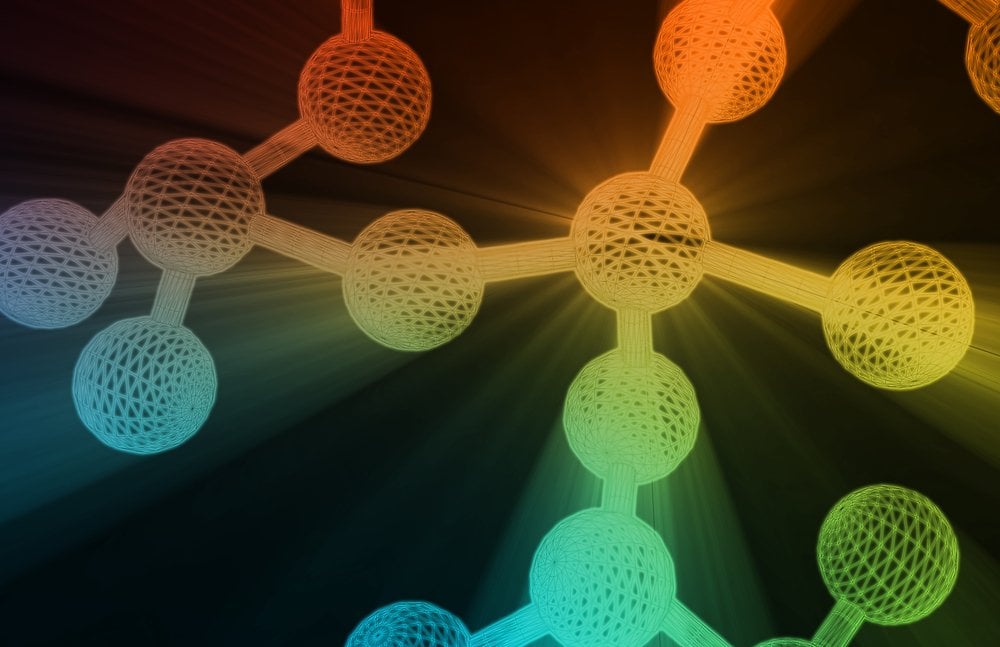Technology has enabled us to collect and analyze unprecedented amounts of data. As Ray Kurzweil commented at the Techonomy 2012 conference, “The kid in Africa with a smartphone has access to more intelligently searchable information than the President of the United States did 15 years ago.” But how do we go about storing all of this data? Hard drives and the Cloud require an electricity supply, while other storage devices such as disks or magnetic tape deteriorate over time. The answer to this archiving conundrum may lie in our DNA. As reported on NPR, scientists at the European Bioinformatics Institute have successfully stored all of Shakespeare’s sonnets on tiny particles of DNA.
Because it serves as a chemical record of genetic information, the language of DNA, comprised of nucleotides known as A, C, G, and T, is designed to store huge amounts of complex information. By translating data into this four-letter alphabet, scientists were able to synthesize it into tiny specks of DNA, storing information like Shakespeare’s sonnets and an audio clip of Martin Luther King’s “I Have a Dream” speech with 100 percent accuracy. In theory, it’s possible to store everything ever written in DNA that weighs less than a granola bar, reports NPR’s Adam Cole. Unfortunately, for now at least, the cost of such synthesis would be as astronomical as a granola bar is compact.
Why Memorize Shakespeare’s Sonnets When You Can Encode Them on a Speck of DNA?
Technology has enabled us to collect and analyze unprecedented amounts of data. As Ray Kurzweil commented at the Techonomy 2012 conference, "The kid in Africa with a smartphone has access to more intelligently searchable information than the President of the United States did 15 years ago." But how do we go about storing all of this data? Hard drives and the Cloud require an electricity supply, while other storage devices such as disks or magnetic tape deteriorate over time. The answer to this archiving conundrum may lie in our DNA. As reported on NPR, scientists at the European Bioinformatics Institute have successfully stored all of Shakespeare's sonnets on tiny particles of DNA.

















